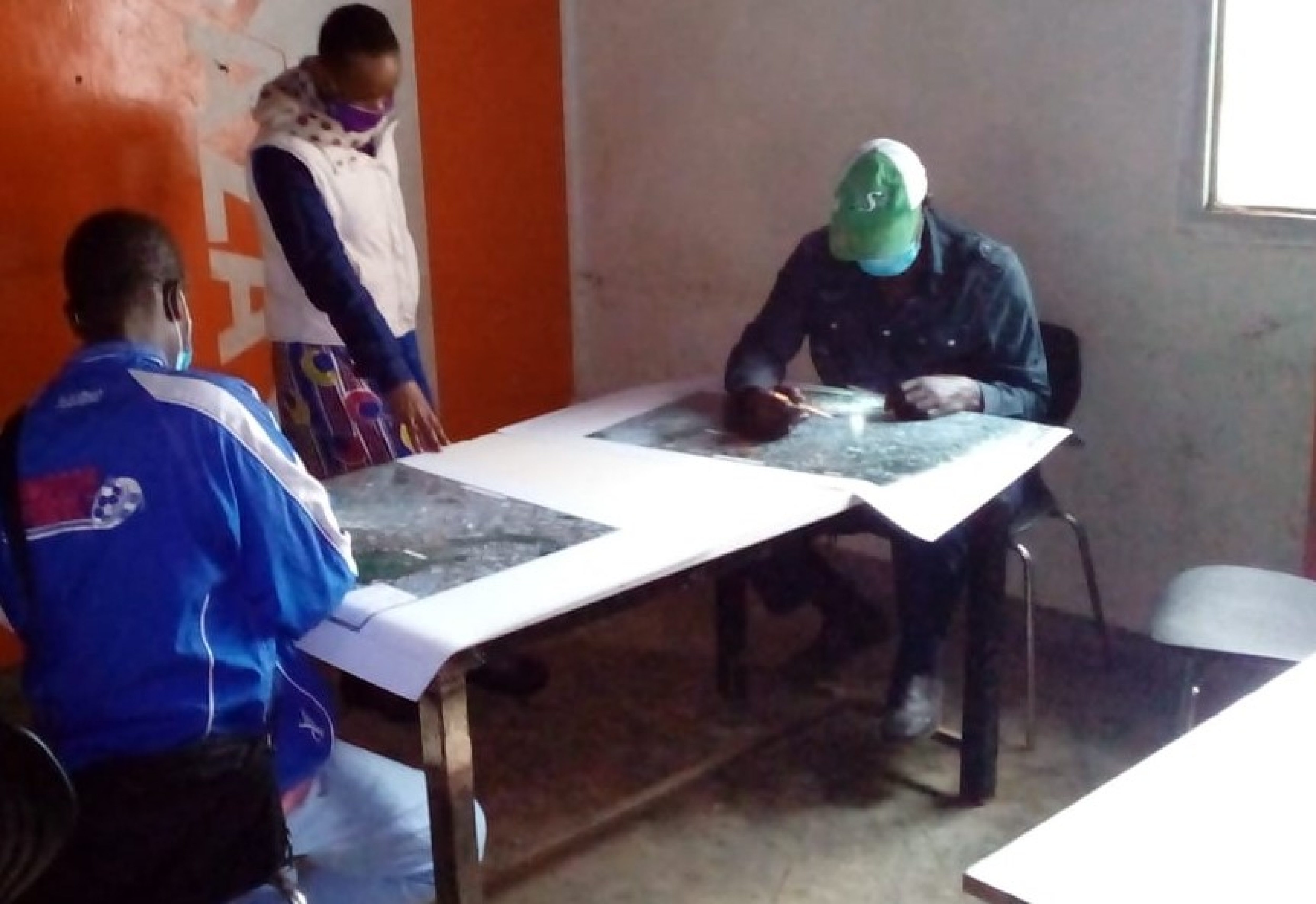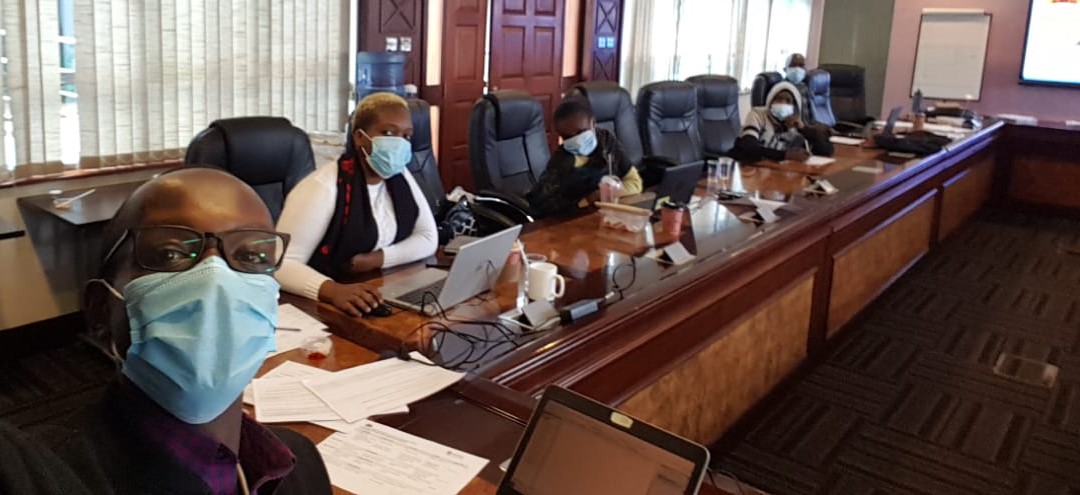
Kenya training on community profiling
Introduction
Community profiling is a process where community members outline resources, needs, and particular issues of interest. Community (or stakeholder) profiles are a useful way of developing an understanding of the people in a geographical area or a specific community of interest. This understanding will enable the ARISE team to develop a community engagement plan that establishes accountability for equity that uses evidence to influence key stakeholder groups.
Objectives
- To understand existing information, gaps and exclusions in addressing the needs of marginalized and vulnerable groups related to health and wellbeing in Nairobi slums
- To conduct geographic and social mapping of community and governance structures and local stakeholder analysis to identify key marginalized groups among the residents of slums in Nairobi.
The purpose
The purpose of this training was to impart skills, share experiences with co-researchers to be able to conduct community profiling and mapping, learn about basic services, understand ethical issues, and explore safeguarding in relation to COVID-19. The training was intended to enhance knowledge and skills on reflexivity and notetaking through the research process. Lastly, we hoped the training would refine and pilot data collection tools. The training process, content, demonstration, and activities were intended to lay a foundation for the social mapping where trainees will learn how to probe on vulnerable groups, existing informal and formal governance structures, and plot their area of influence.
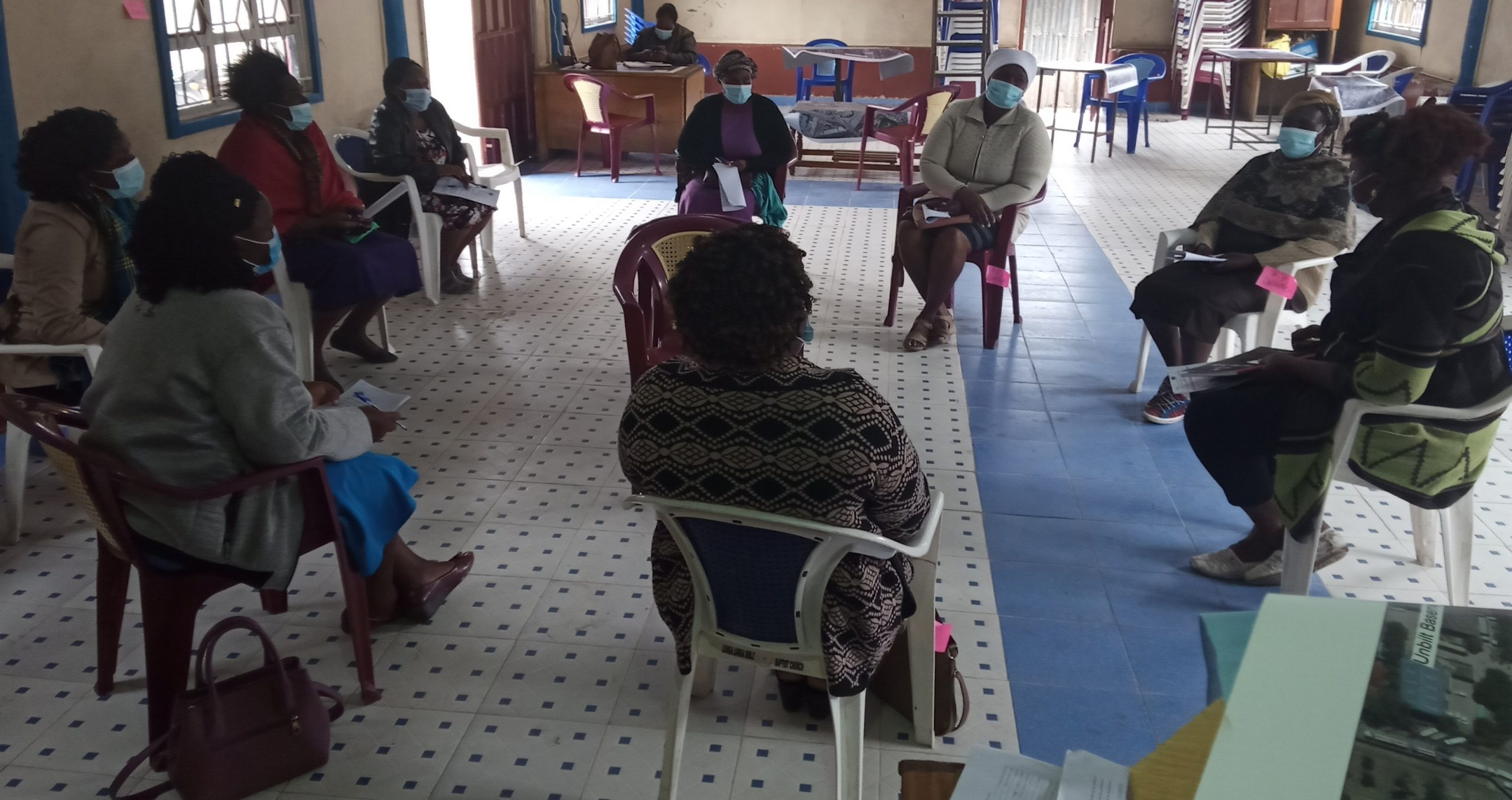
We reflected on the community engagement strategy and the roles of community, co-researchers and researchers within it.
Sampling
We reviewed the ARISE project, concepts and study population. This helped us think about sampling and sample size for the community profiling. We wanted the samples to be representative of the communities we are working in. The NUHDSS sampling frame helped researchers to purposely identify study participants and co-researchers came up with appropriate strategies of reaching out to the identified study participants.
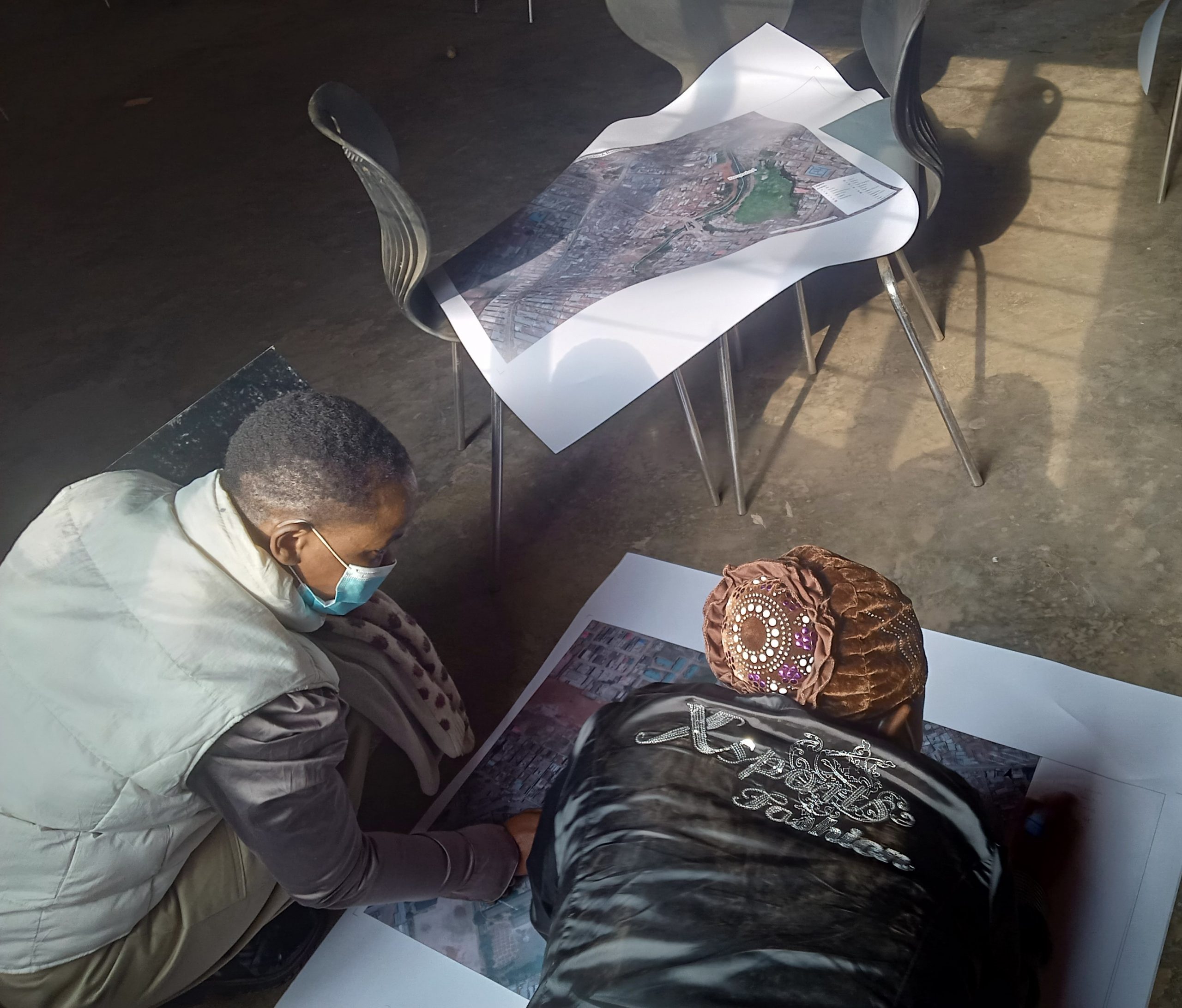
Research methods
We discussed participatory approaches, qualitative interviews, and focus group discussions. The skills, procedures, techniques, advantages, disadvantages, and effective ways of the methods were reflected on at length to a point where all the training participants were comfortable. The team discussed community profiling- skills, approaches, procedures, output, advantages, disadvantages, and effective ways of profiling.
The team shared possible practical approaches to profiling more than one aspect of wellbeing. Practical approaches entailed profiling closely related aspects consecutively e.g water and sanitation; housing and garbage among others. Skills and approaches of motivating participants to separate wellbeing aspects using vernacular languages were demonstrated.
The team discussed the need to be cautious in data collection during the pandemic. Further discussions were based on experiences of field activities, and lessons learned over the outbreak. We practiced how to use a recorder, social distancing skills during the pandemic and the use of Personal Protective Equipment.
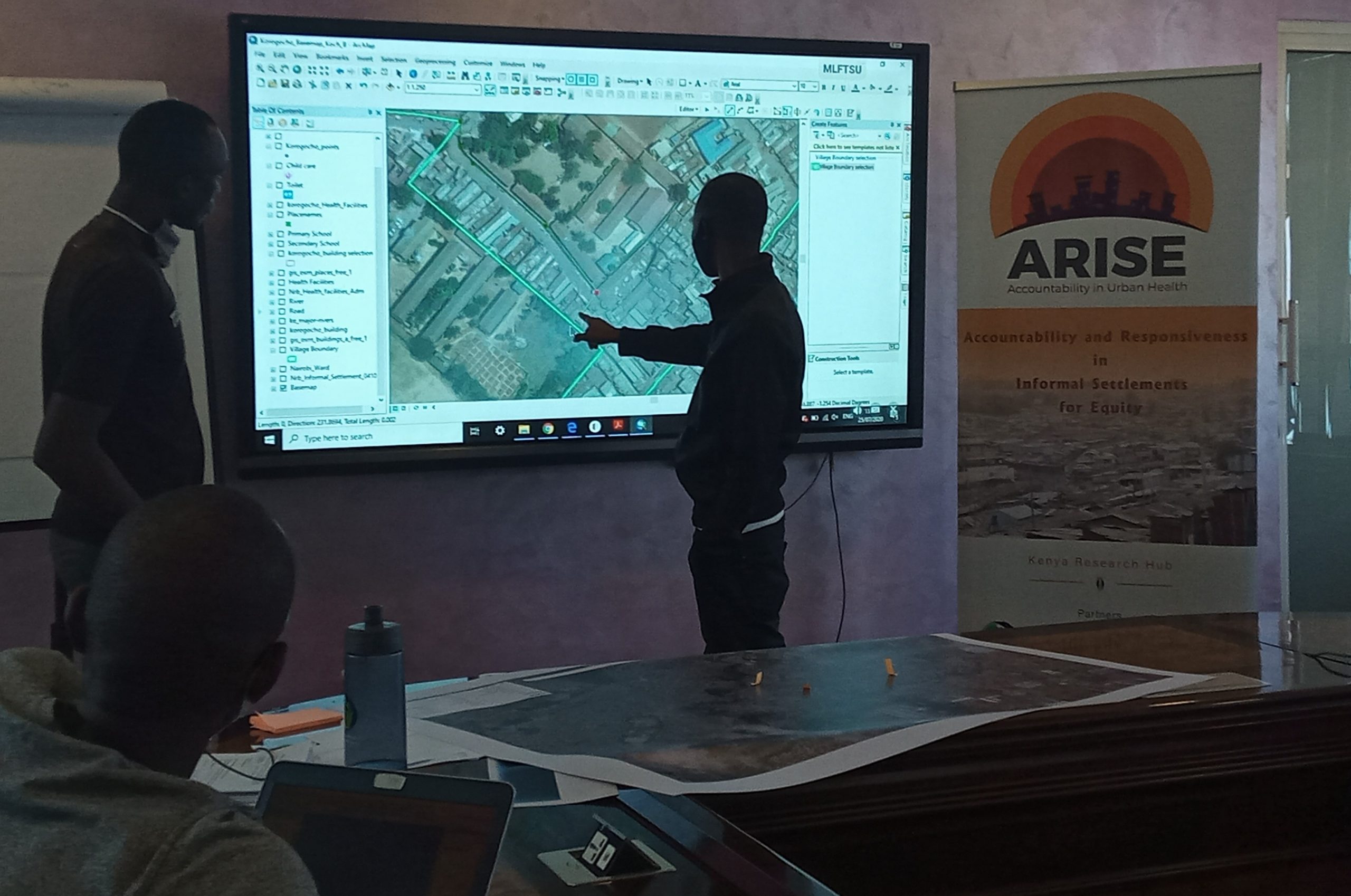
Mapping
To identify community resources, community members were asked to draw key features and basic services in their village at a stationary location on a base map to describe the demographic, social, and physical characteristics of each study slum community. This will be useful in understanding perceptions of slum communities regarding health and wellbeing.
Piloting
We conducted field pilots in the two study sites and had a debrief. We established that the profiling process would take approximately three hours. We also identified the importance of arriving at the venue and study sites at least 30 minutes before the study participants. Some Swahili terms were further edited to local Swahili language for easy understanding by the study participants.
